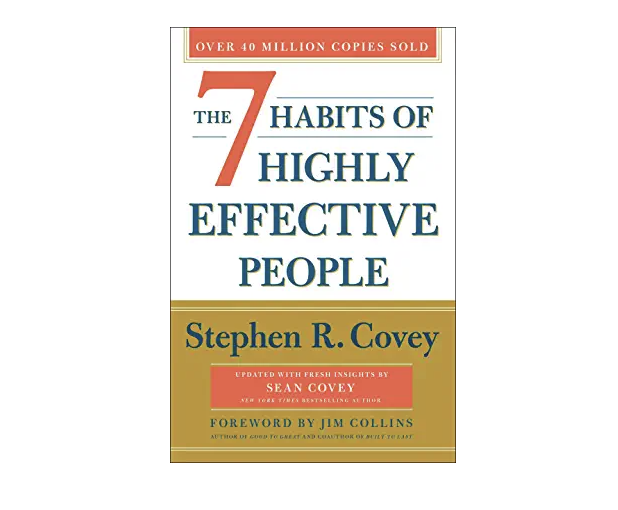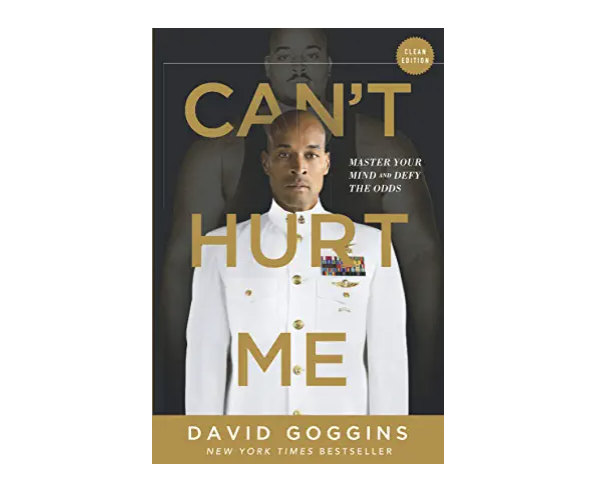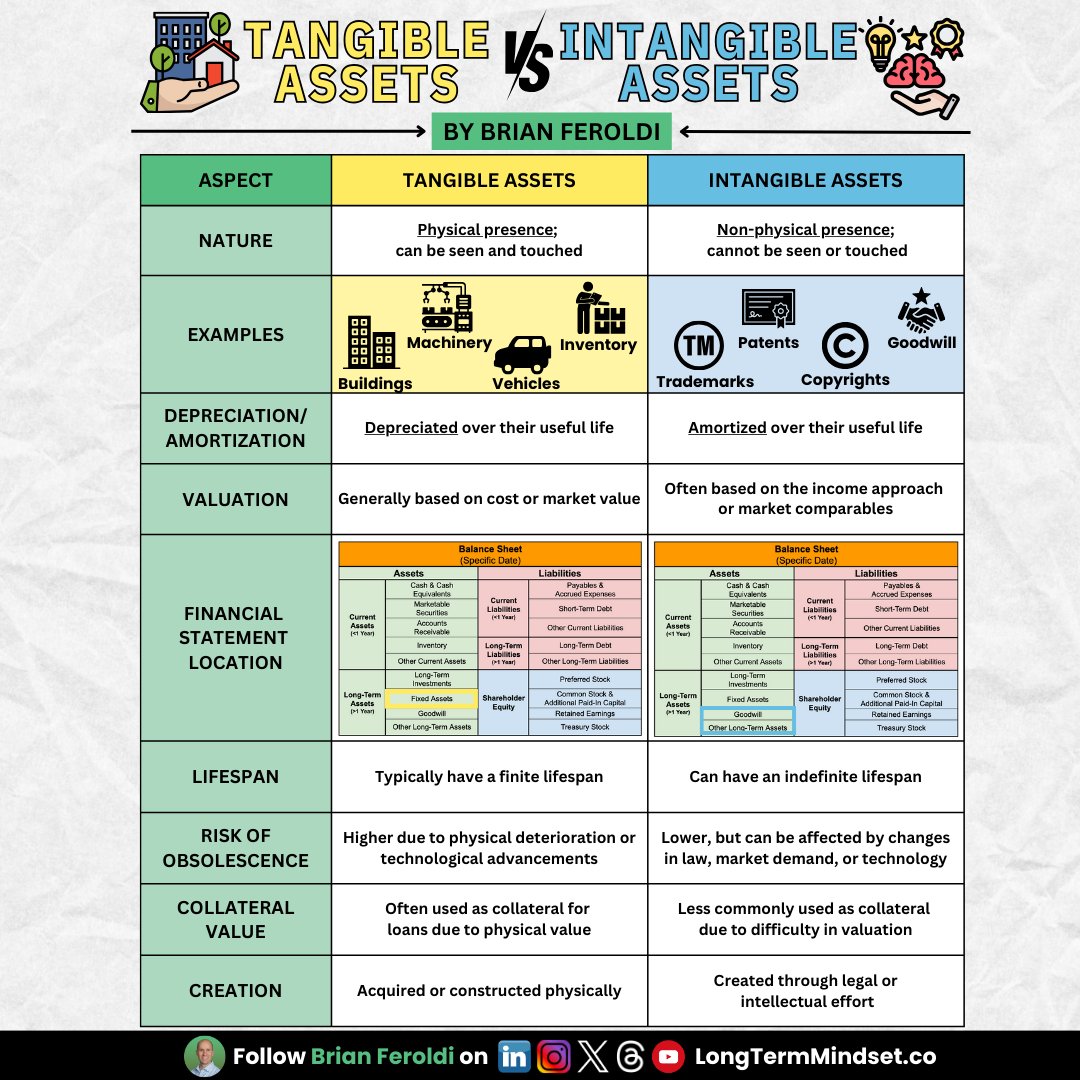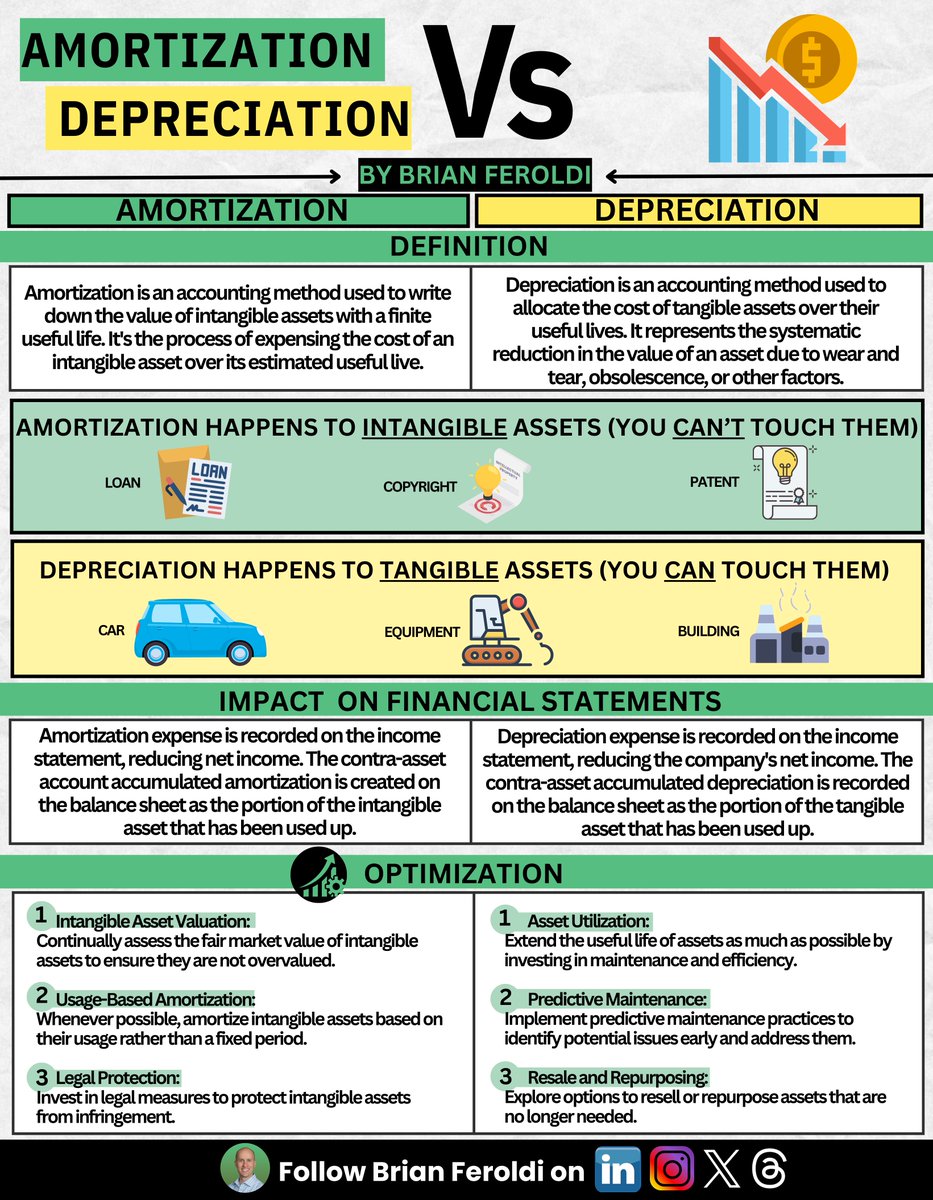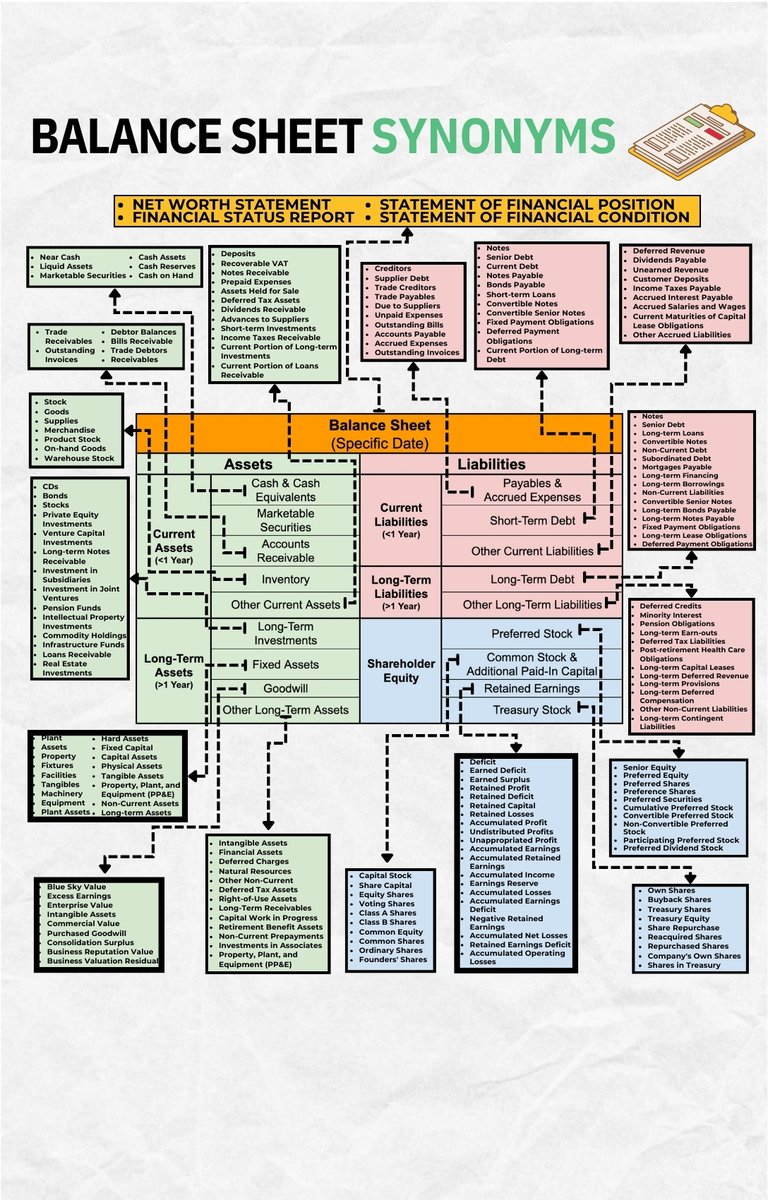I asked, “What book do you re-read the most?”
I received 441 replies
Here are 20 books that should be read again and again:
I received 441 replies
Here are 20 books that should be read again and again:
All of these books (and more) can be found on the “book recommendation” tab of my investing checklist
You can download a copy here:
brianferoldi.gumroad.com/l/zWXye
You can download a copy here:
brianferoldi.gumroad.com/l/zWXye

Enjoy this thread?
Follow me @brianferoldi
You may also enjoy my YouTube channel
youtube.com/brianferoldiyt
Follow me @brianferoldi
You may also enjoy my YouTube channel
youtube.com/brianferoldiyt
Want to see all books that were recommended?
Here’s the full thread:
Happy reading!
Here’s the full thread:
Happy reading!
https://twitter.com/BrianFeroldi/status/1409212431432364049?s=20
• • •
Missing some Tweet in this thread? You can try to
force a refresh

